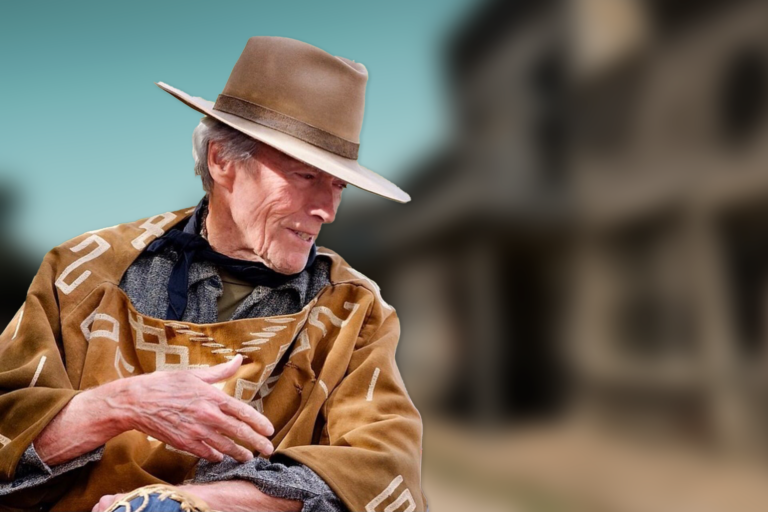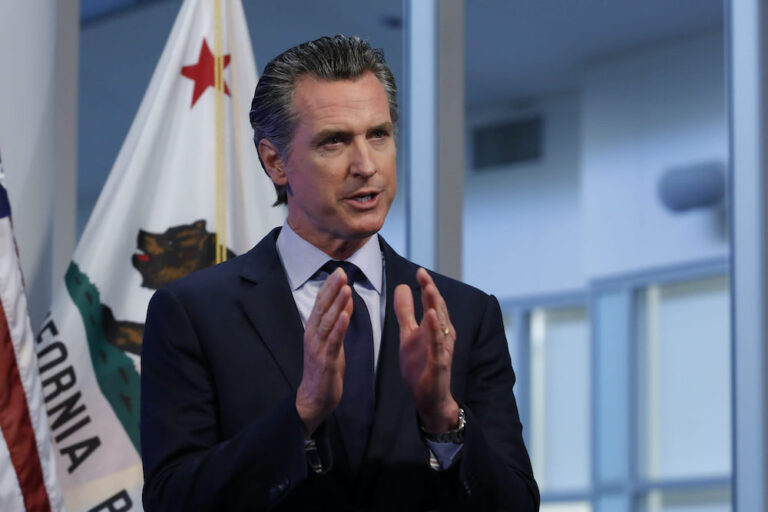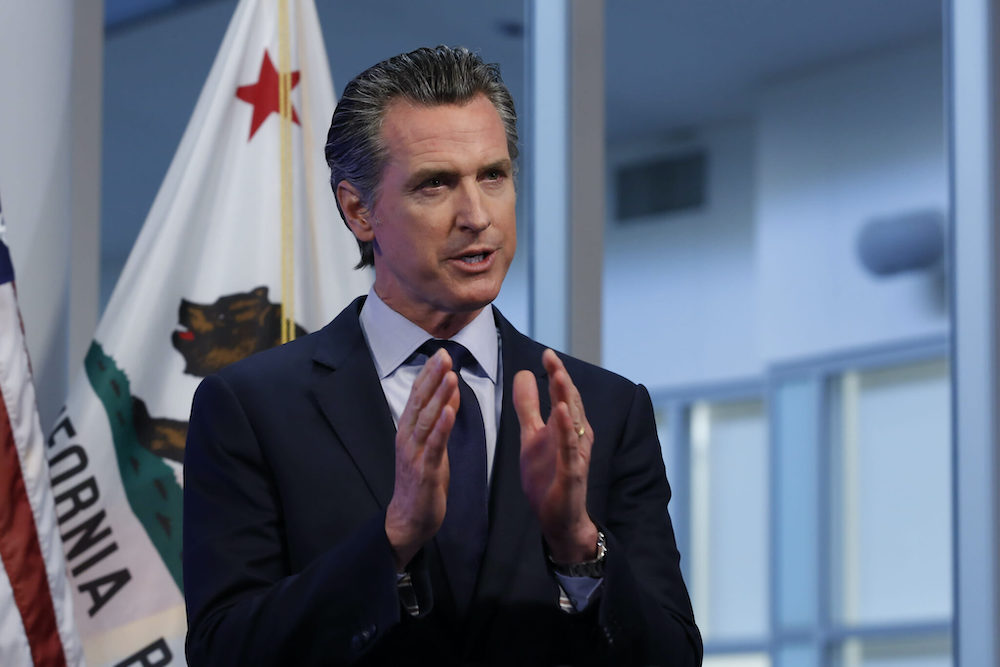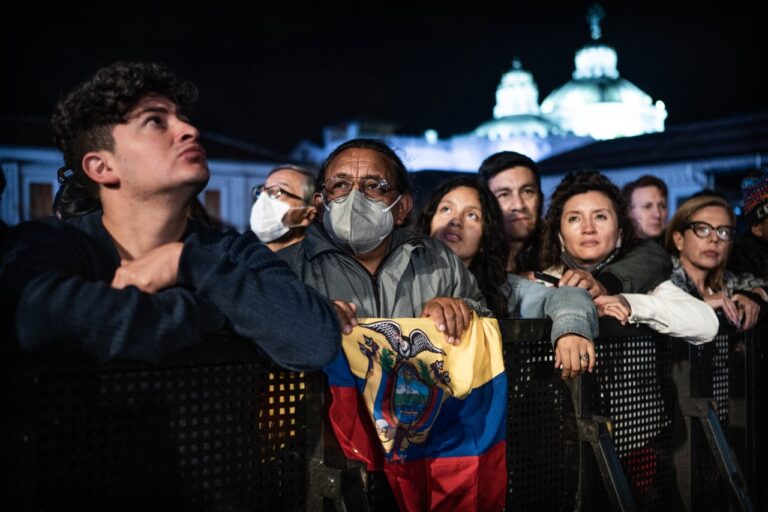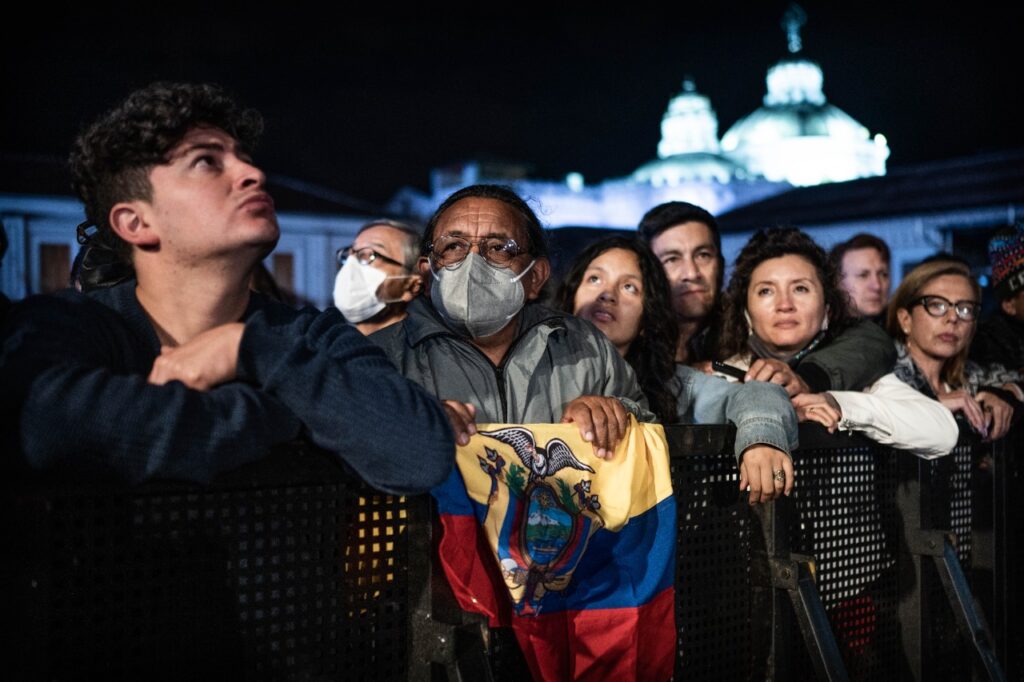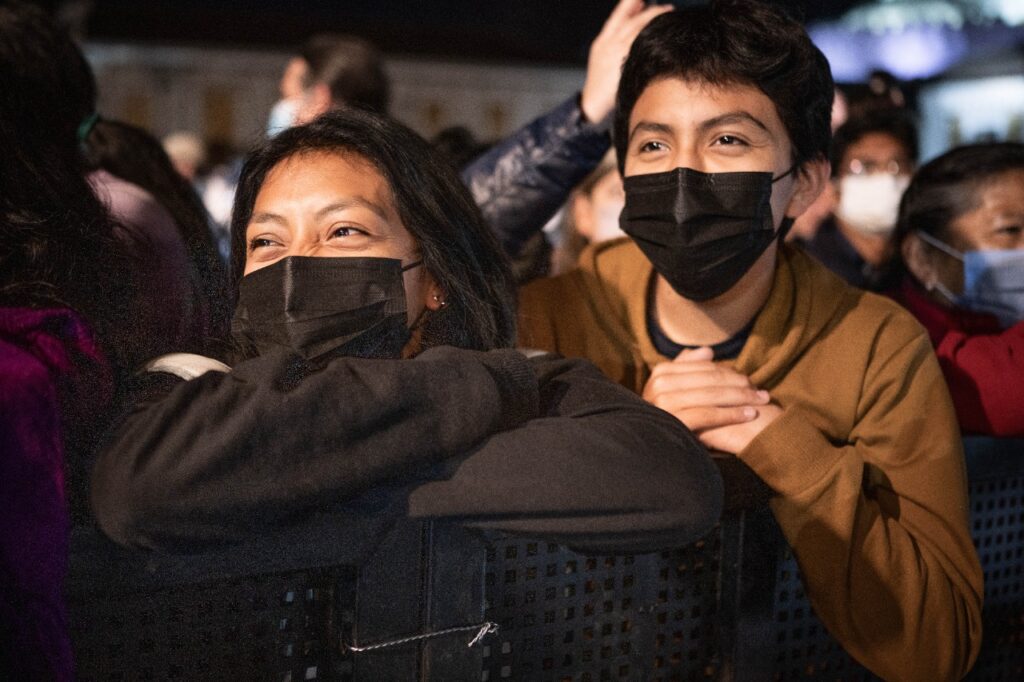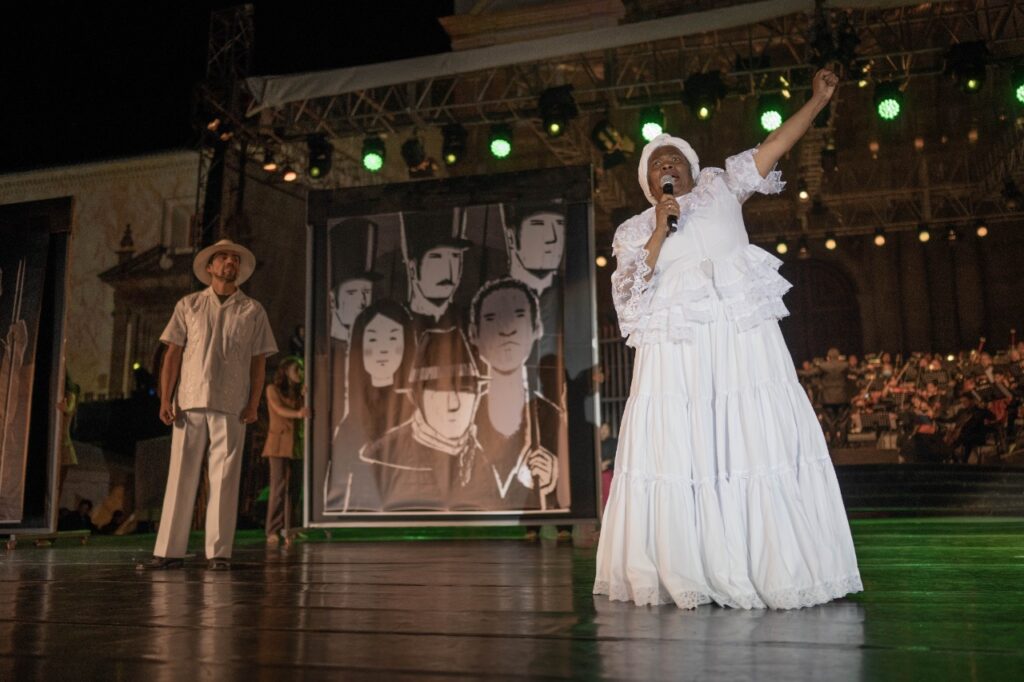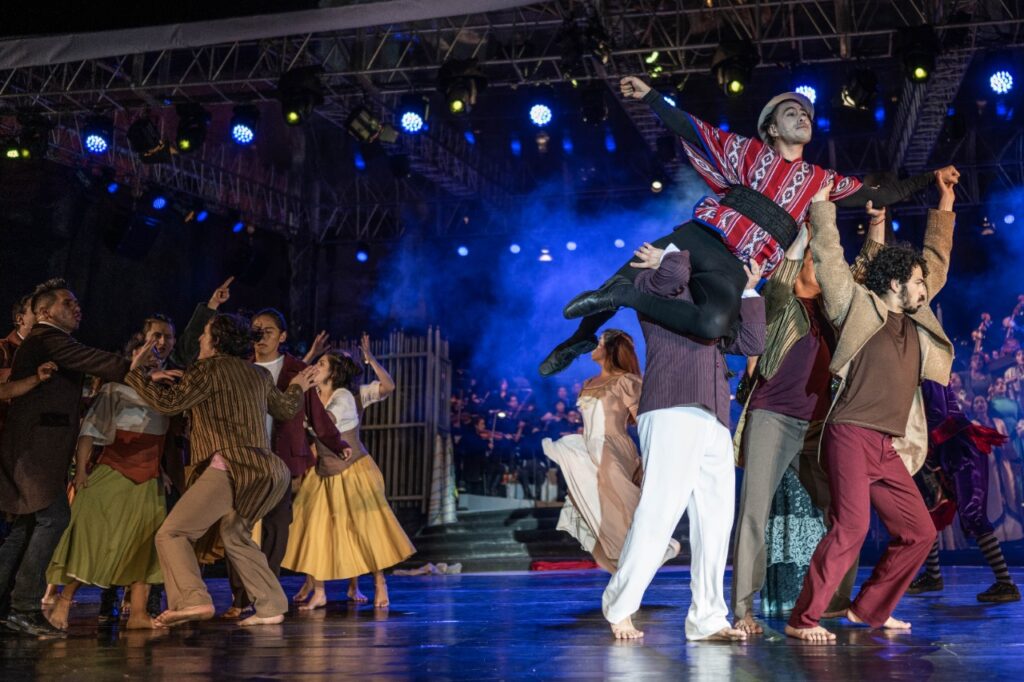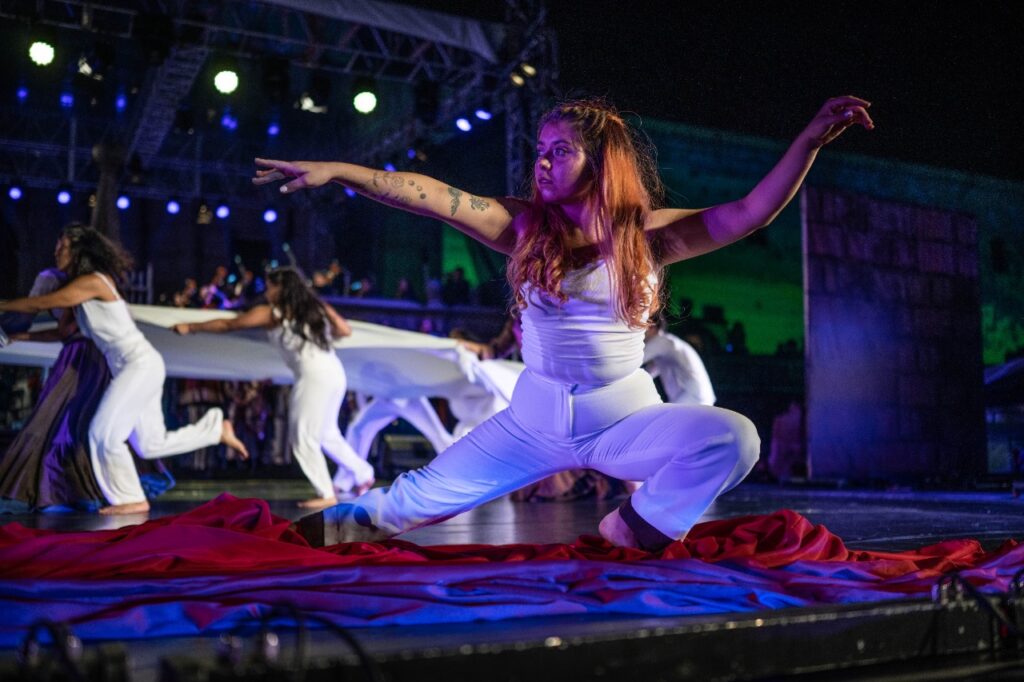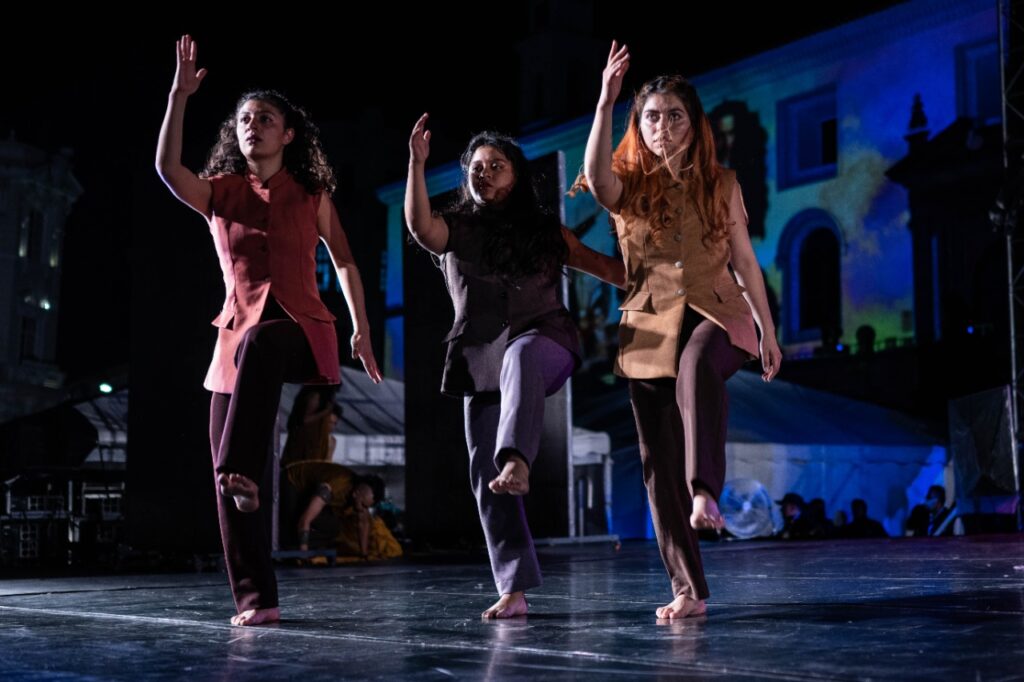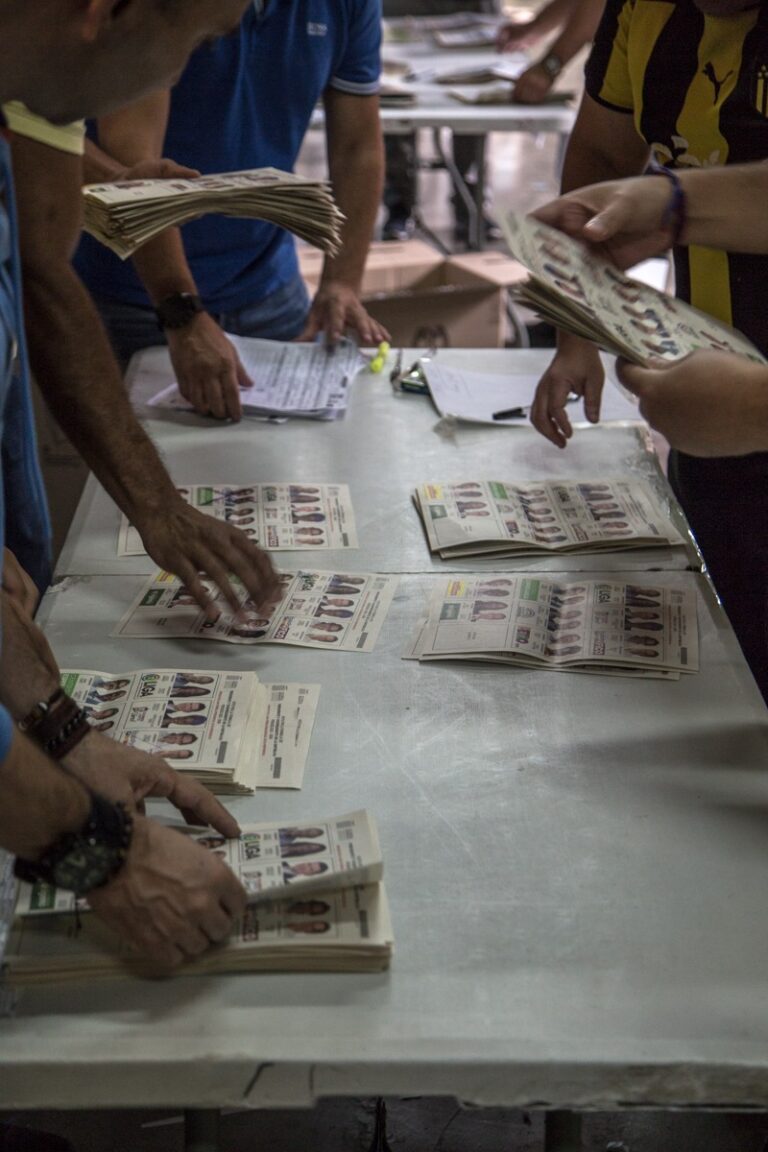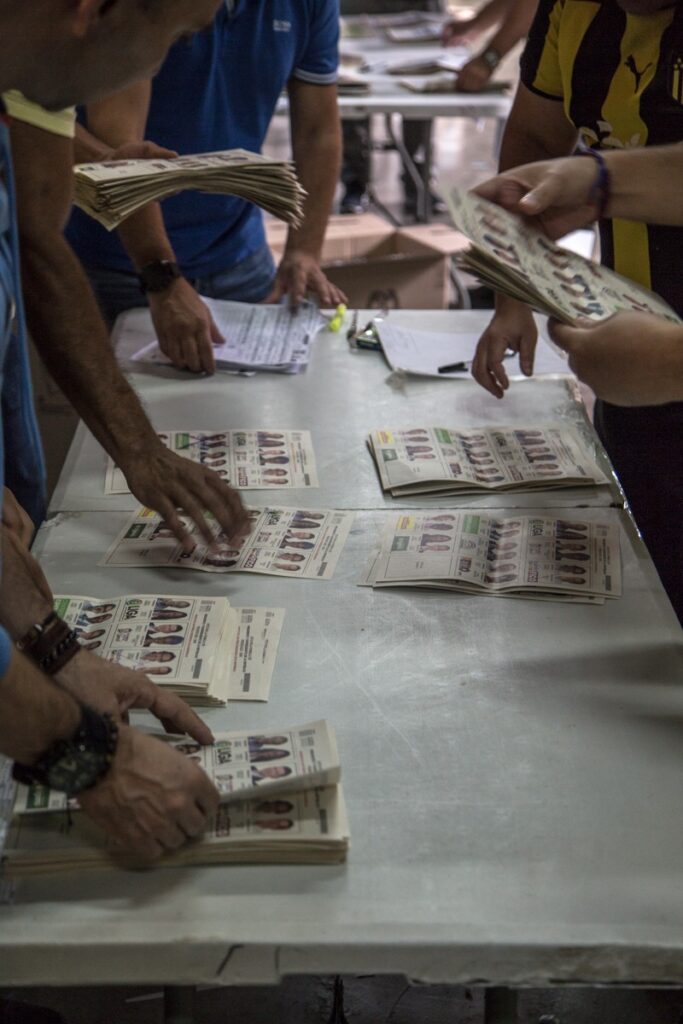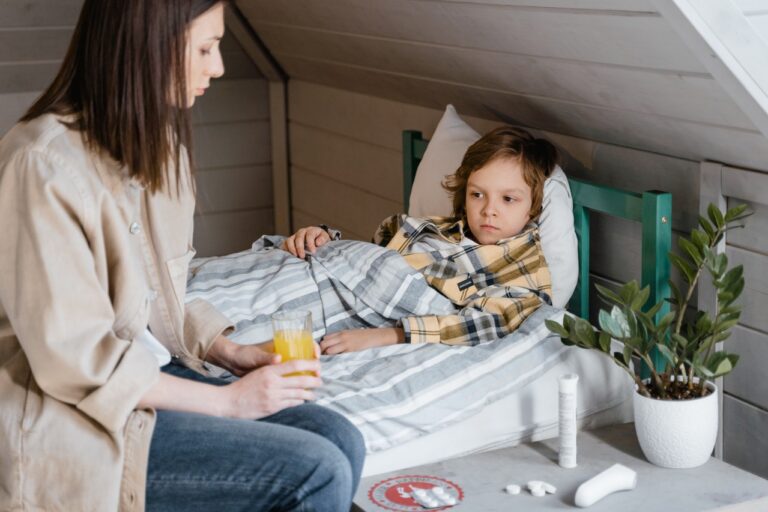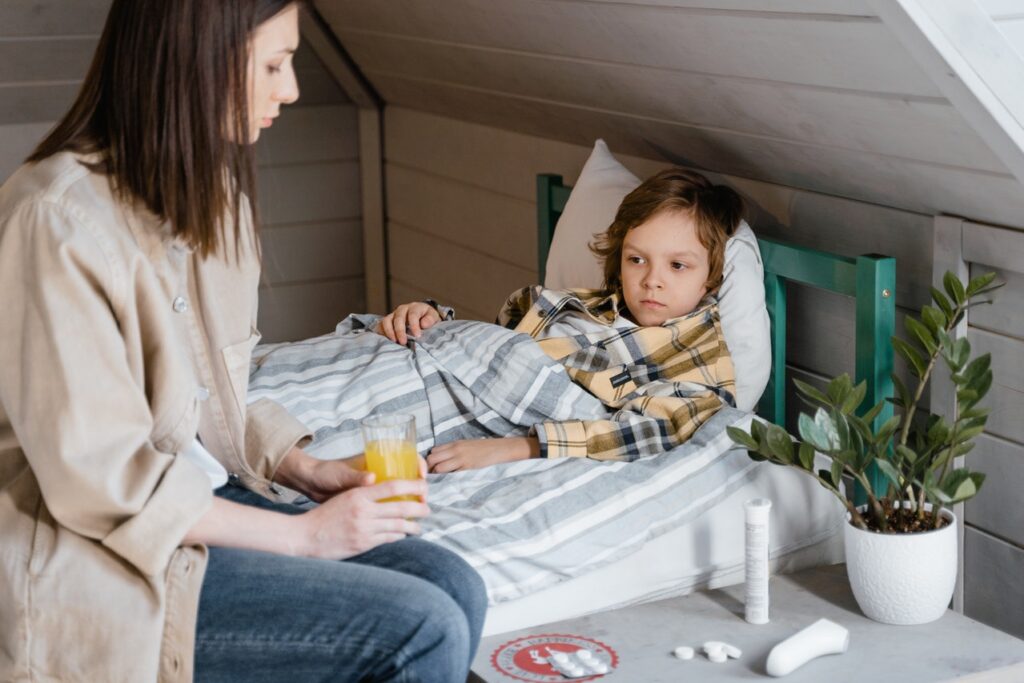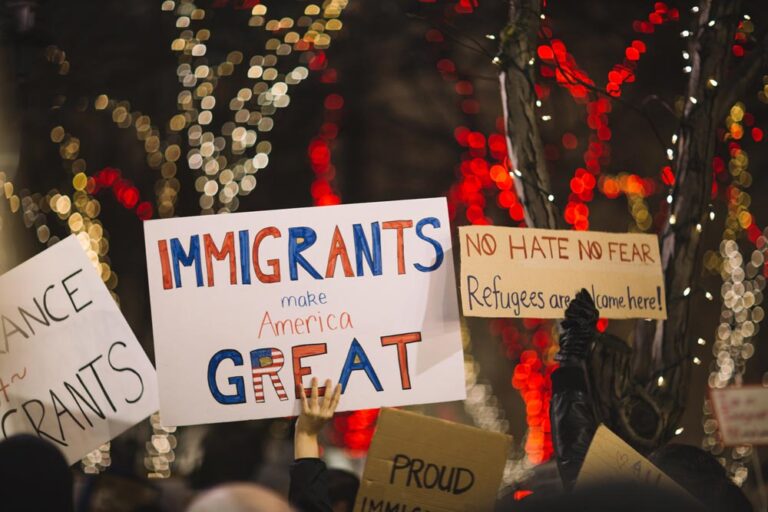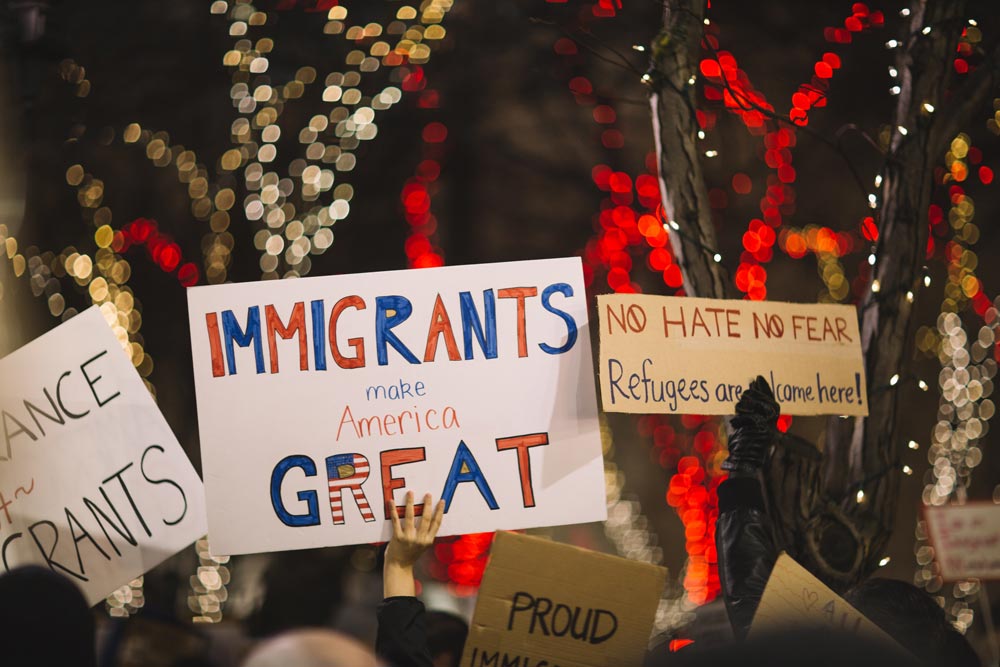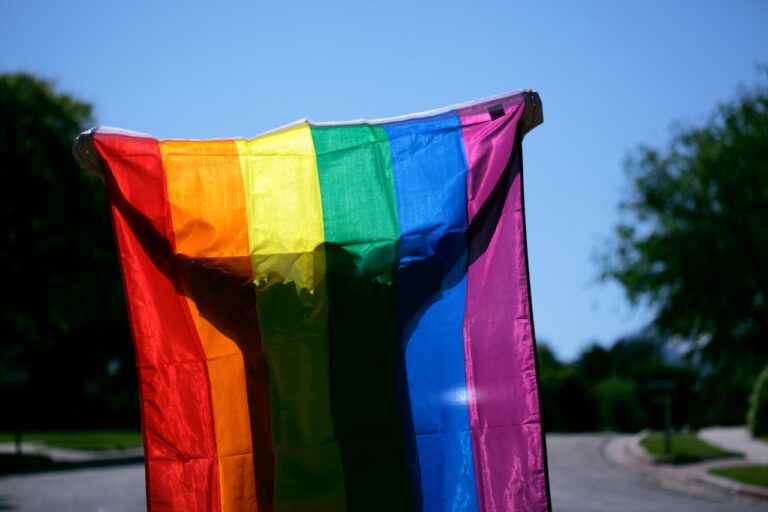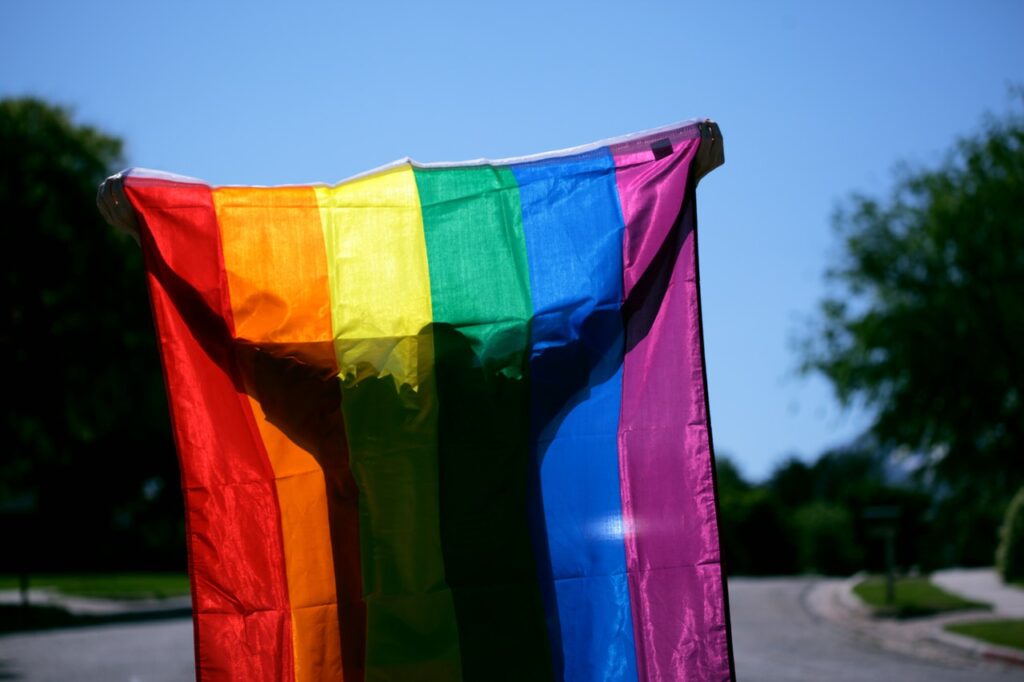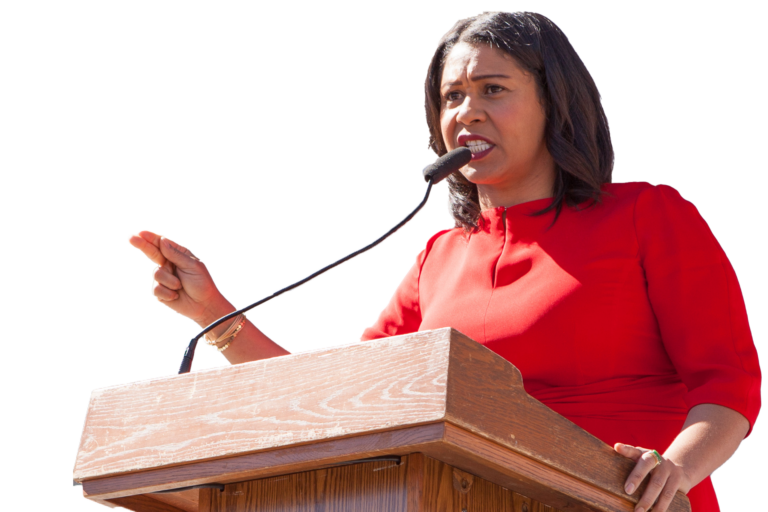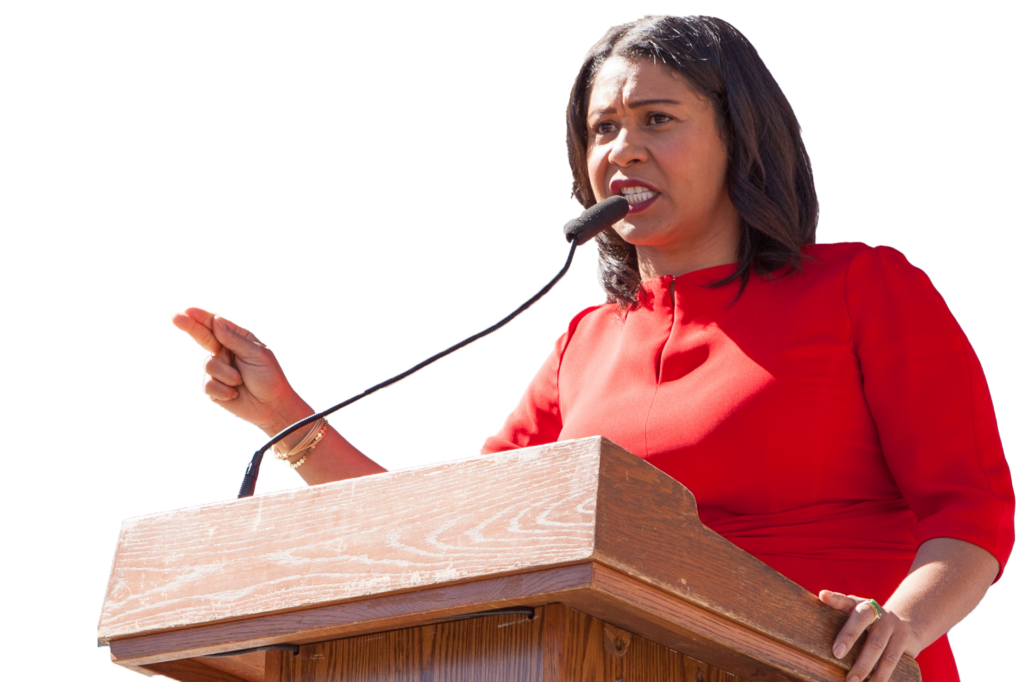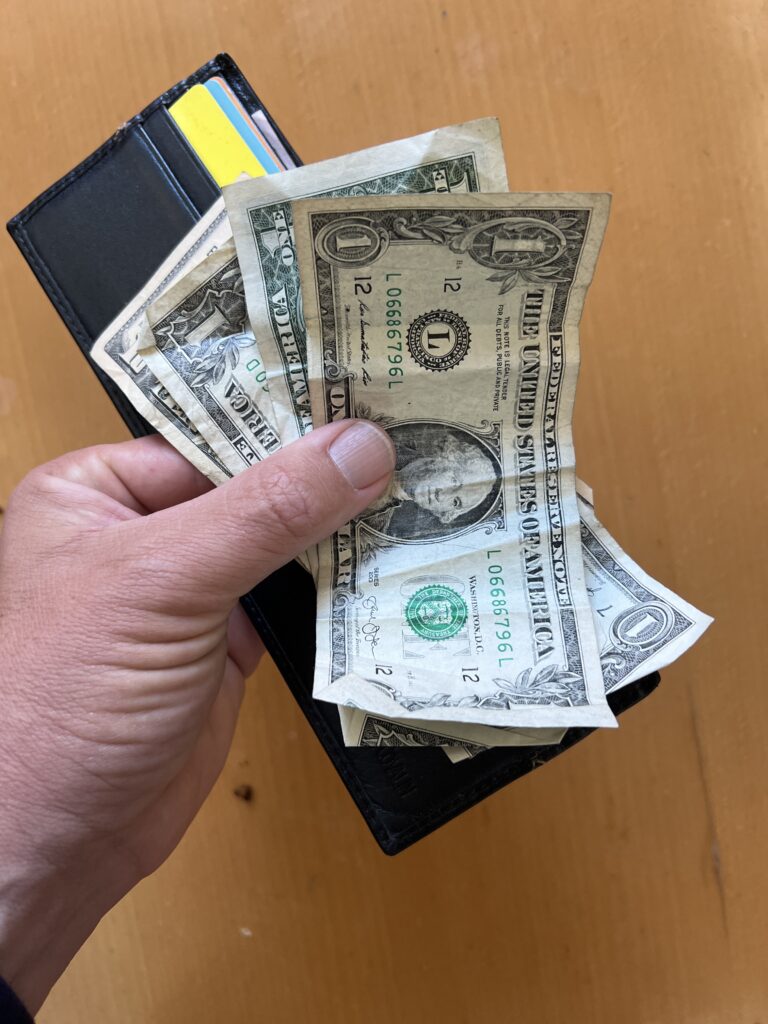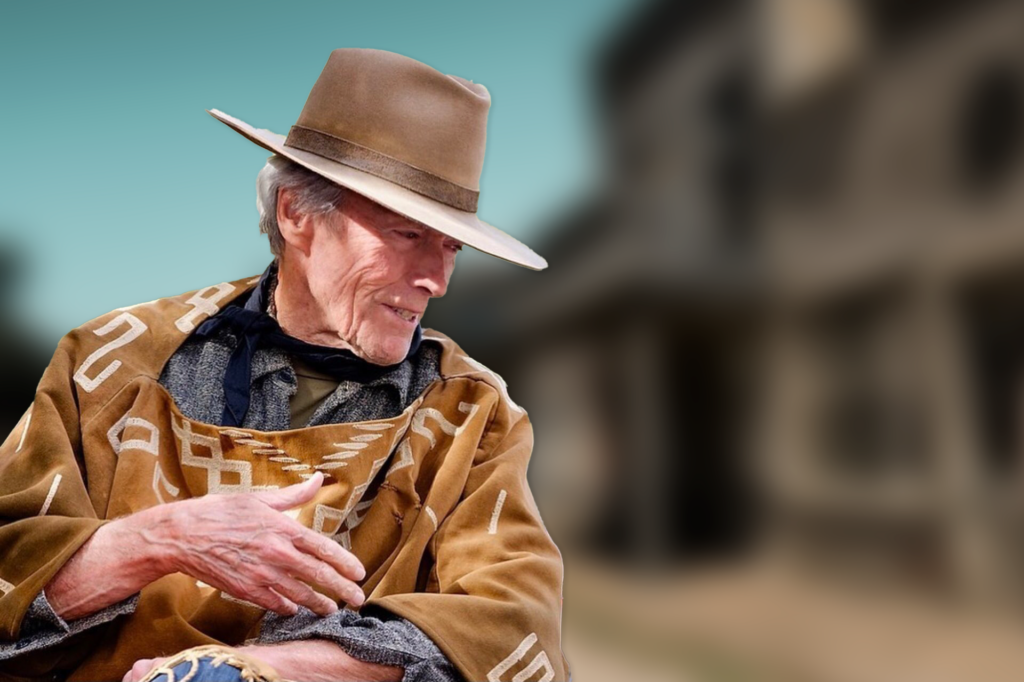
By Constanza Mazzotti and Pamela Cruz. Peninsula 360 Press [P360P]
Considered one of the great filmmakers, Clint Eastwood He has acted in 72 films, directed 45 and produced 53. The actor, producer, composer and director originally from San Francisco is neither ugly nor bad; the good one celebrated 92 years of life this May 31.
Among his most legendary films are those in the "spaghetti western" genre, "A Fistful of Dollars" (1964), "For a Few Dollars More" (1965) and "The Good, the Bad and the Ugly" (1966), with which he became one of the favorites in the world cinema.
The actor, whose full name is Clinton Eastwood Jr., was born in 1930 and began to consolidate his career with his first roles as Harry Callahan in the successful films "Dirty Harry" (1971) and "Strong Harry" (1973).
The nonagenarian has a very impressive career, in which he can boast of having carried out a large part of his work alongside two greats of Italian film production such as Ennio Morricone ‒1928-2020‒ composer and conductor who created soundtracks for more than five hundred films and series for television, as well as Sergio Leone ‒1929-1989‒ who was one of the most famous directors of spaghetti western films that directed Clint Eastwood.
During the 1950s, after participating in supporting roles, he had his big break with a role in the television series Rawhide (1959) alongside Eric Fleming who was the lead actor. Months later, when the star of the series retired, Clint Eastwood would rise to the role of lead actor.
The list of films he has appeared in is very long, but the public missed out on seeing him in one of the greatest thrillers of all time, "James Bond", a character created by the novelist Ian Lancaster Fleming, and whom Eastwood refused to play because he considered that only an English actor should represent one of the best-known secret agents in literature and cinema.
In the 1970s, with The Beguiled (1971), he achieved great critical success and also made his debut as a director with the erotic thriller Night Shiver (1971). In the same year, he played the role of a policeman in Dirty Harry, a role that highlighted him as a cultural icon, popularizing the police genre.
That same decade meant for Eastwood an incessant production of films, consecrating him as an actor and director.
With such a prolific career, it is not surprising that Eastwood has his own production company, which he founded in 1967 under the name "The Malpaso Company", now known as Malpaso Productions, where no less than 40 films have been produced, in addition to co-productions and documentaries.
Eastwood has no limits and proof of this is his foray into music, an art of which he is passionate, which is why he has composed most of the soundtracks for his films and although music was not his main career in 2007 Eastwood received an honorary doctorate in music from the Berklee College of Music during the Monterrey Jazz Festival.
The multi-talented Clint Eastwood has not only faced dangerous situations in films. In 1951, while serving in the army at the age of 21, he survived a plane crash in shark-infested waters after the military plane he was a passenger in crashed into the ocean near California.
Perhaps that is one of the reasons why the actor firmly believes in finding inner peace through transcendental meditation, which he has practiced for almost 50 years.
As if that were not enough, Clint Eastwood has made time in his busy schedule to serve his community, as he was mayor of the city of Carmel by the Sea, a picturesque town in Monterey County, in the Bay Area in California, from 1986 to 1988. He won with 72 percent of the votes in his favor and it is where he currently lives, he even owns a pub.
A Republican, but with a progressive air, Clint Eastwood has declared himself to be in favor of equal marriage and euthanasia.
The handsome actor's life has had it all. During his youth, he was a lifeguard, a newspaper delivery man, a forest firefighter and even a golf caddy, and during the Korean War he dedicated himself to being a swimming instructor and lifeguard.
Clint has 176 nominations for different awards and categories, winning 154, four of them Oscars, however, none of them as an actor.
You may be interested in: Jane Roe a symbol of pro-choice struggle

